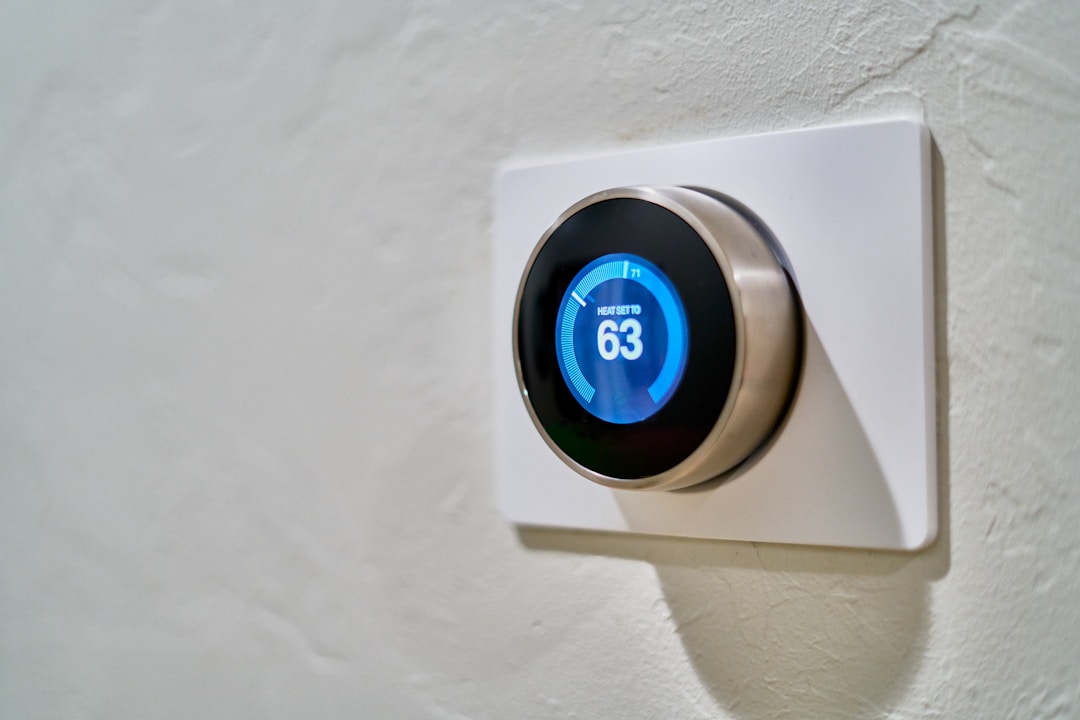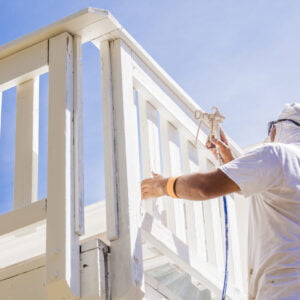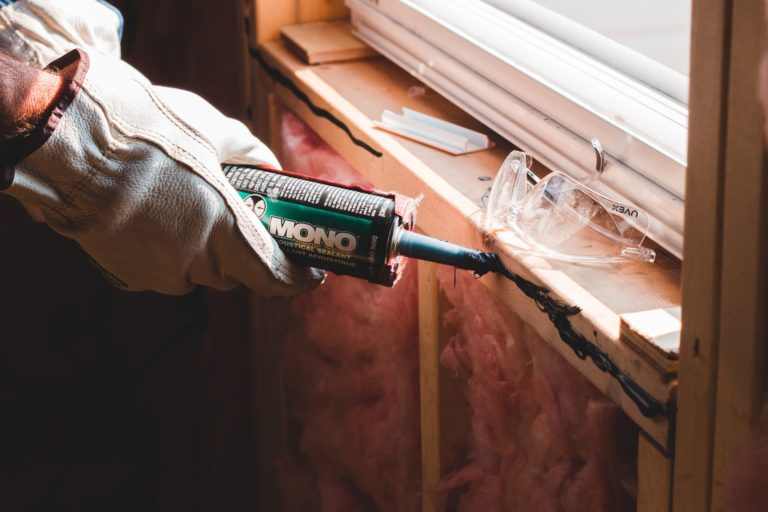If you’re a homeowner, there are numerous routine tasks to ensure that, when the season hits, your air systems work to capacity. It’s a daunting task, keeping an eye on your air conditioner during the winter and, likewise, monitoring your heating system during the summer months. However, routine checks can ensure the integrity of the machinery, keeping your family comfortable when the appropriate weather comes along. Responsible homeowner maintenance should include your home’s insulation, as those leaks can lead to heat loss or wasted cool air. It can also increase your utility bills. Here, we will look at some key reasons why home insulation is so important to your home’s energy efficiency.
Insulation and Your Utility Bill

Your home’s insulation reduces leaks and cracks through the surface areas, such as your attic and basement, the walls, and the ducts in the roof. When you run your house’s air conditioning or heating system during the appropriate months, any cracks in the insulation can add up to a massive amount of wasted airflow. The worst part of unchecked cracks and leaks is that the damage is very subtle, and may go unnoticed unless you check the seals manually year-round. If your heating system doesn’t seem to be producing warm air, or there’s a lack of cool air despite a working air conditioning unit, odds are that there compromised spots in your insulation. As a basic rule of thumb dictates, your home’s insulation is what helps keep the heat in the home longer and cool during the summer, and you may be losing a lot of energy.
Consider the first of two major expenses that unchecked insulation can lead to: running your air systems from morning until evening at full capacity, but never realizing those minor drafts amount to 20 percent of air loss. Right away, this drives up your energy bill on a monthly or, ultimately, annual basis. With proper insulation, however, your home becomes more energy efficient. As basic as it sounds, if you find yourself checking the thermostat more often than usual, integrating routine check-ups of your insulation may the best way in knowing if something is wrong. If it seems the system is too far-gone, you may need to place a phone call to an air conditioning or heater technician.
Costly Damage to Your Air System

Over the past year, many people have begun installing a home office, as well as initiating a new routine of remote work due to the coronavirus pandemic. If you’re part of a remote team and considering converting a section of your living space into a new workspace, this might be the best time to run a home energy audit before your heater or air conditioner breaks down due to reaching its limit. While, there are many ways to prepare to work from home, ensuring your home’s efficiency and having energy savings to reinvest into your home office is a great start. In fact, keeping surplus insulating material can become a smart addition to your on-hand office supplies.
The goal of energy efficiency is to use less energy whenever possible. If the attic insulation is damaged and the sealings around your windows and doors have aged, the potential air leaks can keep your furnace or air conditioner working overtime. It won’t be long until the tremendous strain takes its toll. The last thing you want is to require a completely new air unit.
Your first step should be to inspect every insulated area for drafts of cooler air. Double-checking your insulation, vents, and even your fireplace is a good idea if you notice a problem with your house’s internal airflow, meaning not enough hot air during the winter or a lack of cold air during the summer. This is an easy way to ensure the integrity of your airflow, and such a precaution is the first thing to do as part of a proper home energy audit. If you don’t, the worst-case scenario could cost you a small fortune. Energy savings are one thing, but having to completely replace a heater, furnace, or air conditioner unit is quite another.







